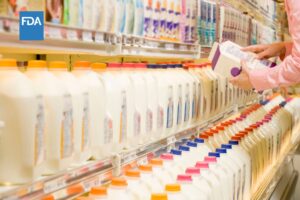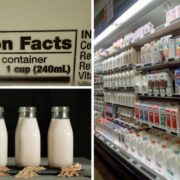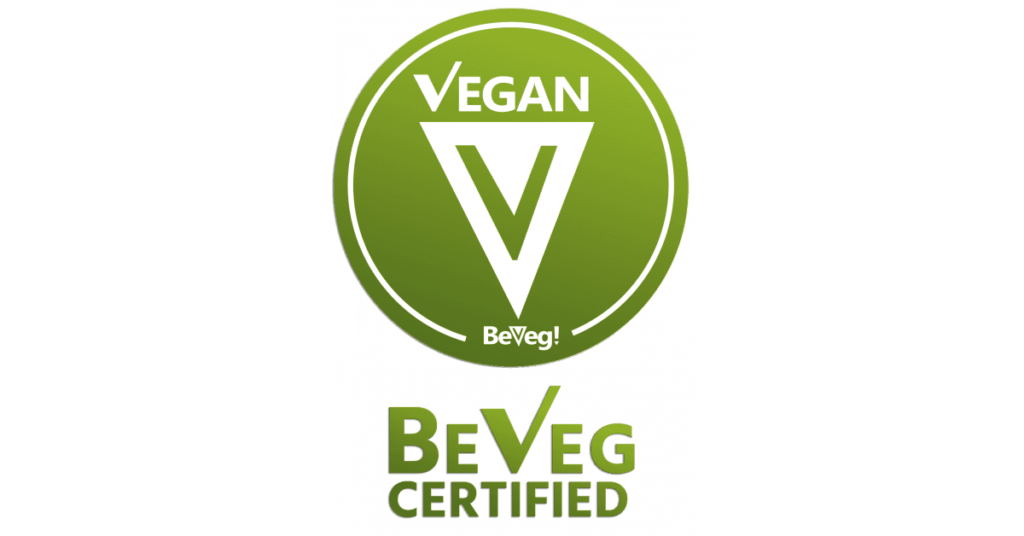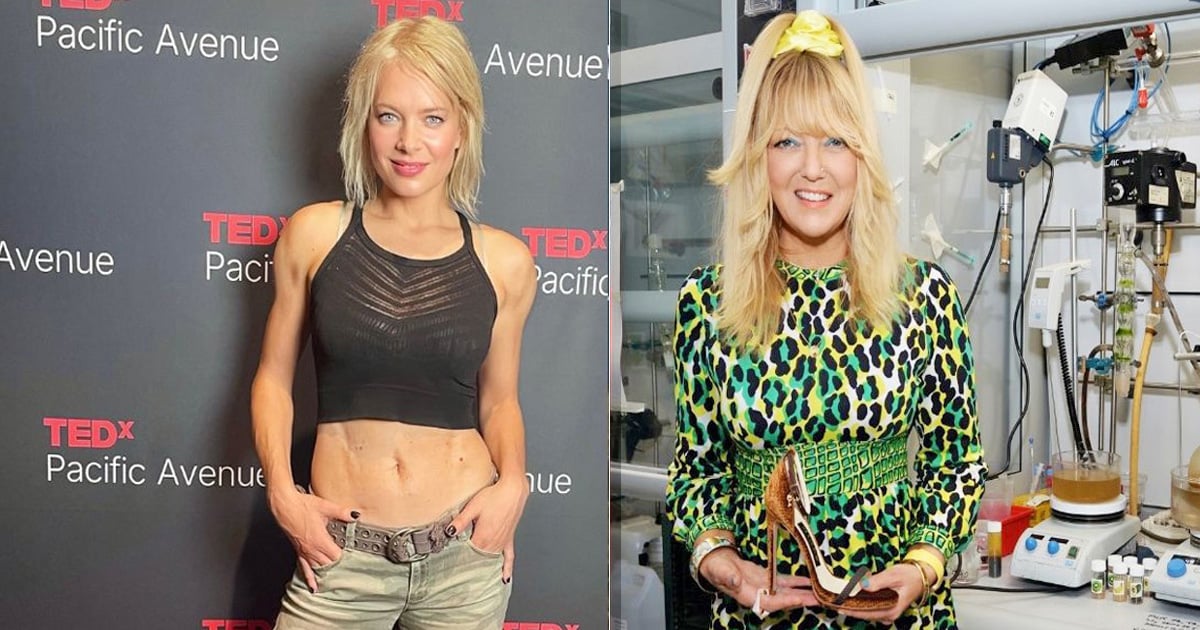FDA Says Milk Alternatives Can Call Themselves “Milk” on One Condition
Share This
Los Angeles, Cal. – It’s no secret that plant-based milk alternatives have skyrocketed in popularity. In the U.S., consumption of these products went from one-fifth of households in 2010 to one-third in 2016, and sales hit $2.4 billion in 2020. There is even a World Plant Milk Day observed each year on August 22.
Despite efforts to make it illegal for plant-based milk alternatives to label themselves as milk, the FDA has released draft labeling recommendations acknowledging that it is officially appropriate for these dairy-free beverages to use the term “milk” to describe their products.
FDA’s Statement Has One Controversial Catch

Photo from the FDA’s Facebook page.
Plant-based milks that wish to call themselves “milk” are to include nutritional information on their labels that compare themselves to dairy milk. “For example, the label could say, ‘Contains lower amounts of Vitamin D and calcium than milk’,” says the FDA.
The FDA explains that it made this recommendation based on more than 13,000 responses to its request for information from the public about their understanding of the differences between plant-based milks and dairy milk. Based on the feedback, the FDA noted that potential consumers seemed clear that plant-based milks did not contain milk, but were less sure of the specific nutritional differences between them.
FDA’s Labeling Recommendations for Plant-Based Milks Draw Criticism
Critics point out that using dairy milk as the standard by which milk alternatives must compare themselves assumes a bias toward the health benefits of animal-based milk. The Plant Based Food Association (PBFA), a trade association that represents more than 350 food companies, responded to the FDA’s statement by saying, “ The FDA’s draft guidance implies that the inherent nutritional content of plant-based milk products are somehow inferior to that of dairy milk products, despite the fact many of the nutrients boasted by animal-based milk are the result of fortification.”
The PBFA goes on to make the point that, “one cup of whole milk and one cup of skim milk typically have different nutritional profiles. As such, the new guidance raises more questions than it answers: What nutrient levels are considered ‘typical’?”
What Do You Think of the FDA’s New Recommendations?
The FDA is accepting comments on their draft guidance. You can submit your thoughts to them before April 24, 2023
In the meantime, celebrate the joys of cruelty-free, plant-based milk by learning how to make your own with host Ally Iseman. Now streaming for free on UnchainedTV!
Share This
Latest News
Stay Tuned In
Be the first to know when new shows drop! Plus, get the hottest headlines, inspiring stories, and behind-the-scenes extras. Sign up and keep streaming!
you might also like
A new California factory farm map reveals the scale, supply chains, and pollution footprint of more than 1,300 industrial animal facilities across the state. Jane Velez-Mitchell, Almira Tanner, and Matthew Zirbel Los Angeles, [...]
Virtuous Vittles is a vegan dog food that has a meaty texture dogs love. They might just think it's meat. Briana Schweizer and Lisbeth Merrill Los Angeles, February 19th, 2026 — Virtuous Vittles [...]
Two American Vegan Powerhouse Women unveil bold new ventures in fitness, food and fashion. Jane Velez-Mitchell, Nina Bergman, and Rebecca Mink Los Angeles, February 17th, 2026 — The latest episode of UnchainedTV’s Truth [...]









